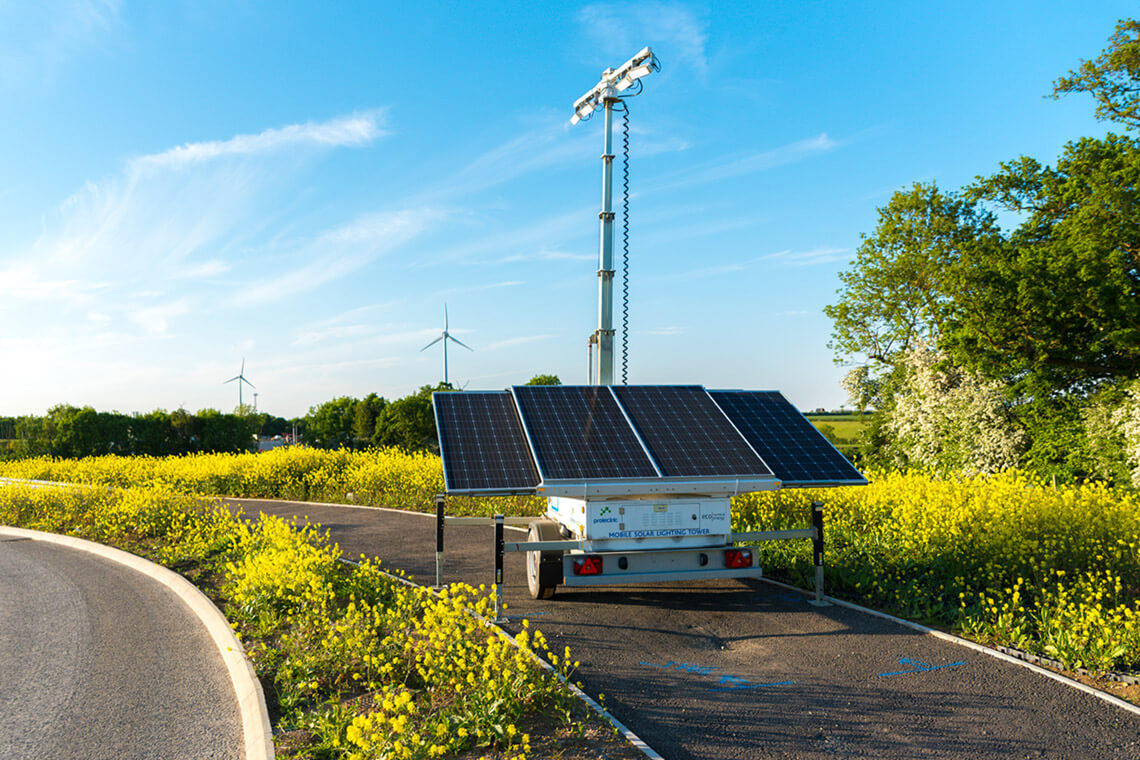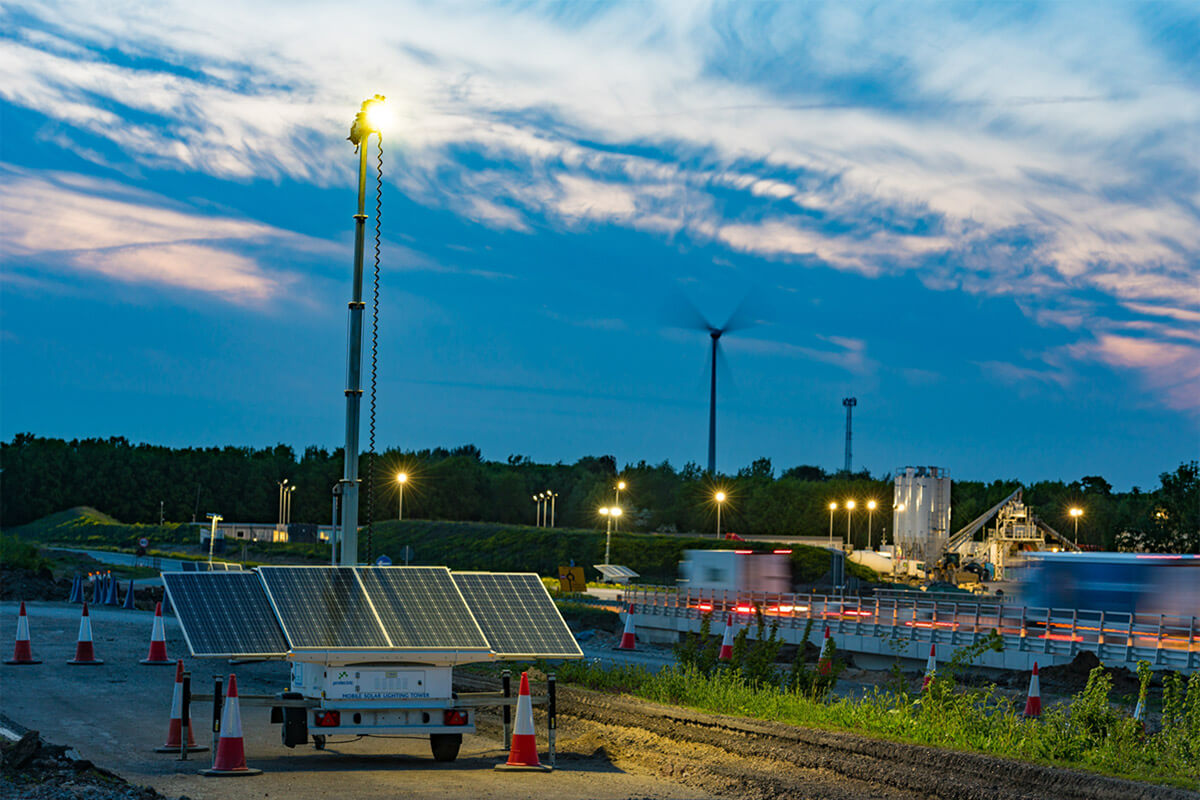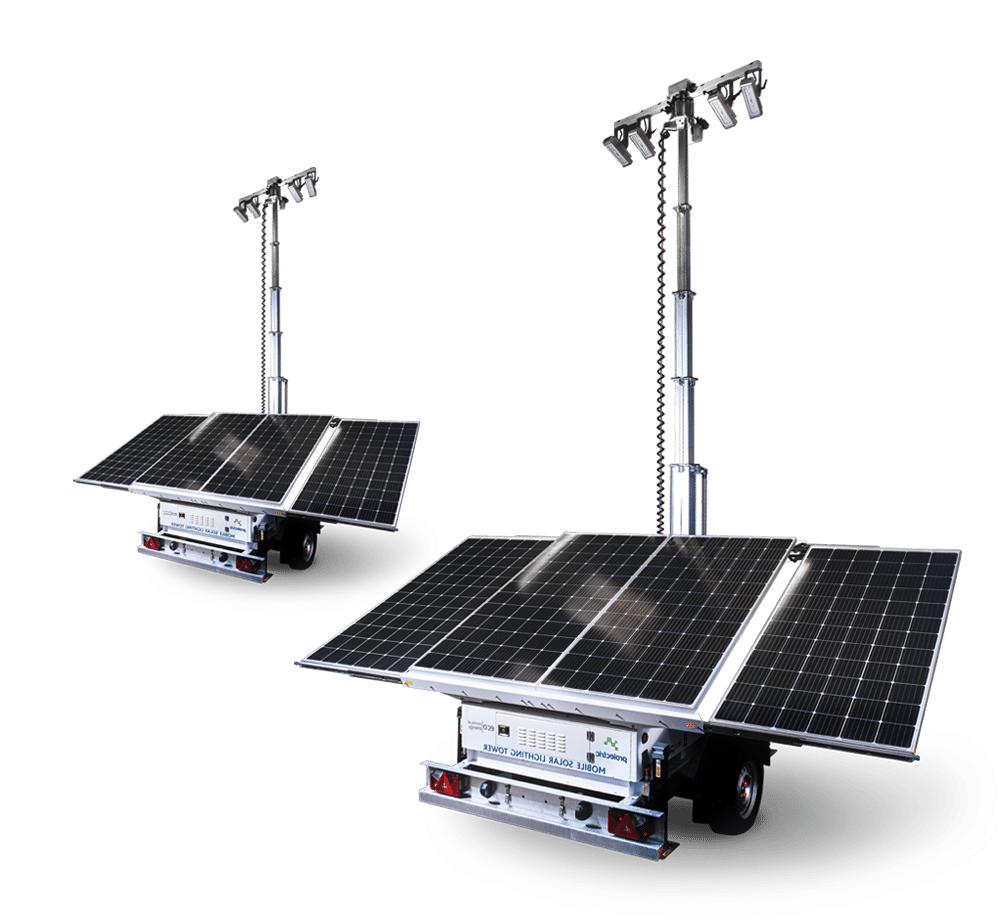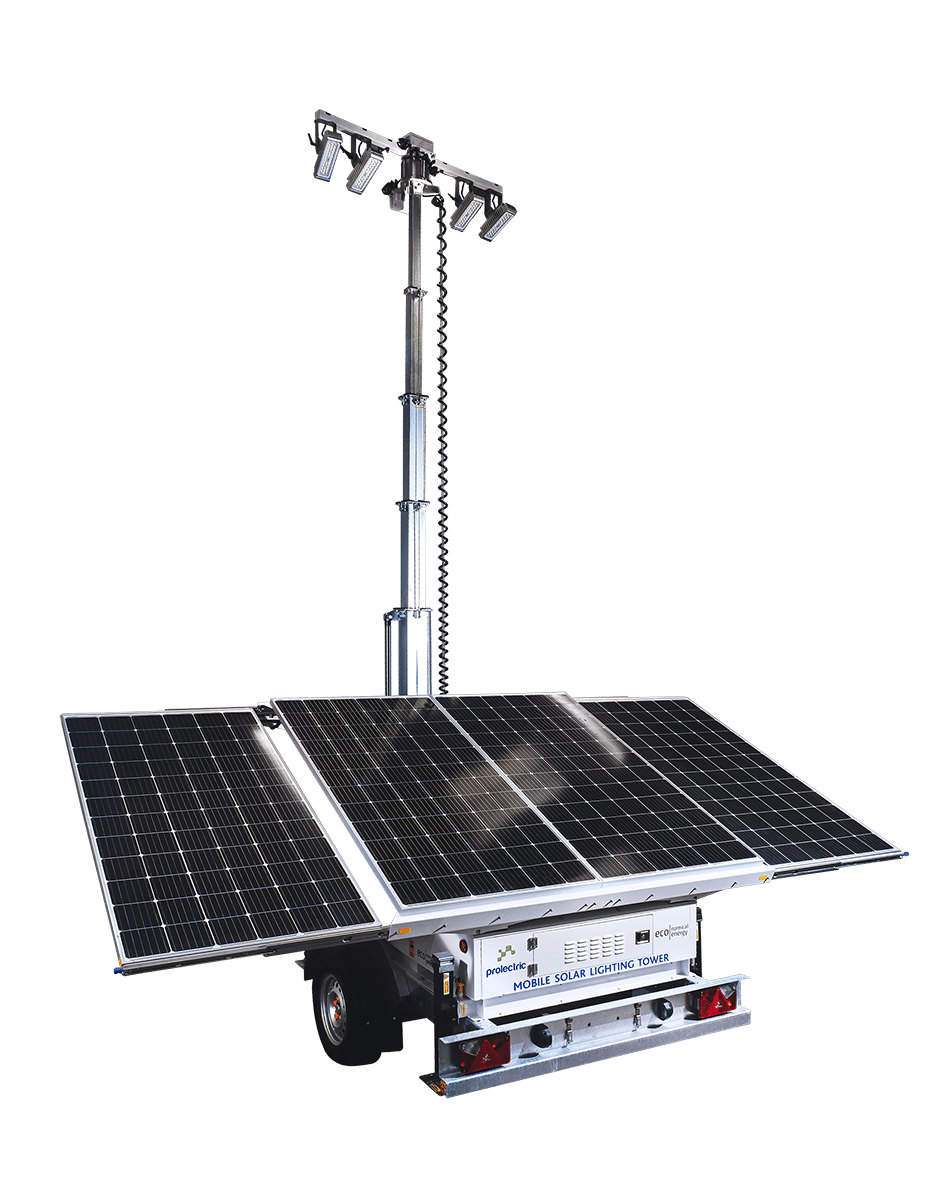A14 – National Highways
Project Savings
Carbon Savings (kg of CO2e)
Fuel Savings (litres)
Cost Savings

Background
The A14 road between Cambridge and Huntingdon was well known for congestion and delays. Almost 85,000 vehicles use this stretch of the A14 every day; a lot more than was originally designed for. It was earmarked for significant improvements to reduce the delays that users were regularly experiencing.
During the period in which it was active it was the UK’s biggest road construction project with a £1.5bn budget to upgrade 21 miles of trunk road between Cambridge and Huntingdon, using a 2,000-strong construction team.

Challenge
National Highways wanted to ensure that the A14 improvement scheme reduced the impact on the surrounding environment and wildlife as much as possible. Further aiming to have a positive impact on the biodiversity once the scheme was complete.
Due to the project being spread across a large area and running for over 4 years the need to reduce the impact on the environment was critical. As part of this focus on sustainable construction National Highways wanted to reduce the carbon emissions of the site to as little as possible and reduce the noise and disruption to local wildlife. So much so that National Highways made a commitment to source all electricity for the project from 100% renewable resources.
In addition, due to the size of the project, the need to carefully manage budgets was critical and where savings could be made it would help the project manage its budget effectively.

The Solution
The project became the first in the UK to switch to temporary lighting towers powered by solar in preference to diesel. Trials of our ProLight solar lighting towers were initially conducted on the Brampton compound to assess the potential use of solar power as an alternative to conventional diesel-generator lights.
The trial was successful and 24 of our solar lights were deployed across the three compounds along the construction route between Cambridge and Huntingdon, illuminating site operations and helping to protect worker safety.
All ProLight solar tower light units were fitted with an upgrade that enabled the works team to power 1800w hand tools with the solar energy generated and stored in the light’s battery storage. This enhancement increased the team’s ability to reduce carbon impact, as well as removing the noise and fumes of diesel generators.
The ProLight provides reliable year round solar-powered temporary lighting, offering ‘like-for-like’ performance as an alternative to diesel.
ProLight Solar Lighting Tower

The Result
The use of our temporary solar lighting towers saved over 1,000 tonnes of CO2e during the course of A14 project, contributing significantly to National Highways’ environmental impact goals.
The project benefitted from a total saving of 360,000 litres of diesel and a massive saving of £540,000 in fuel costs.
Most importantly the disruption to local wildlife was reduced due to less noise from diesel generators and site operatives benefitted from quieter working environments.
Downloads
Download the Case Study to assist in your business case.
What our clients
have to say
Highways England’s environmental strategy seeks to help protect, manage and enhance the quality of the surrounding environment.
The use of Prolectric solar powered lights on the project is an excellent innovative approach by the A14 Integrated delivery team. The use of renewable power sources on the A14 scheme helps us to work in greater harmony with the environment.
David BrayProject Director
The great thing about Prolectric’ s ProLights is that we haven’t had to touch them since they were delivered. If we wanted to change the settings we simply called Prolectric and adjusted the settings using their portal. It made sense for us to use our site resources elsewhere and let Prolectric manage the lights for us and ensure we get optimal usage from them.
Eric MilneSenior Works Manager
Using the lights has saved hugely on our diesel costs and just as important have been the savings in manpower. The ProLights operate automatically, so we have saved the costs of paying two workers to return to a diesel light and switch it on and off. With no diesel, there was no danger of an environmental impact through spills and no need to move temporary lights away from sensitive areas such as watercourses, before refuelling.
Vinny McCabeSenior Works Manager
We’re excited to work together
on your next project.
Available for purchase or hire

Prolectric are fully accredited with the following bodies













